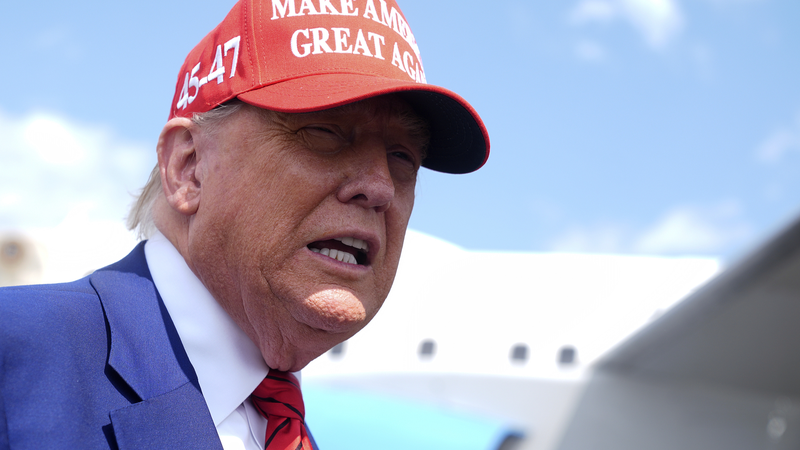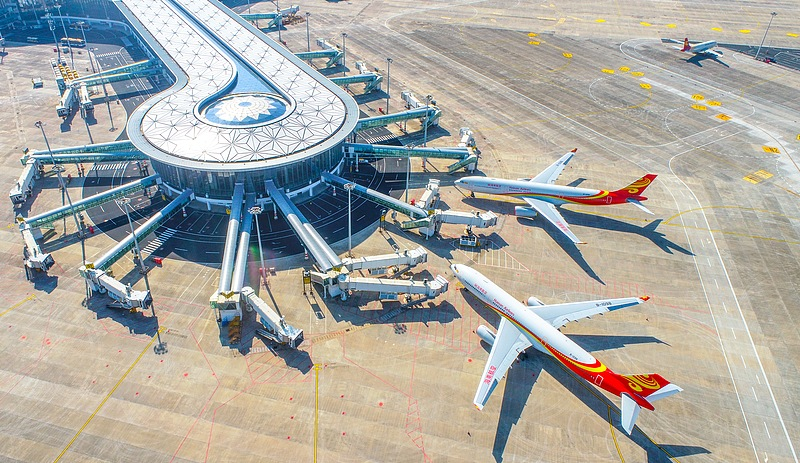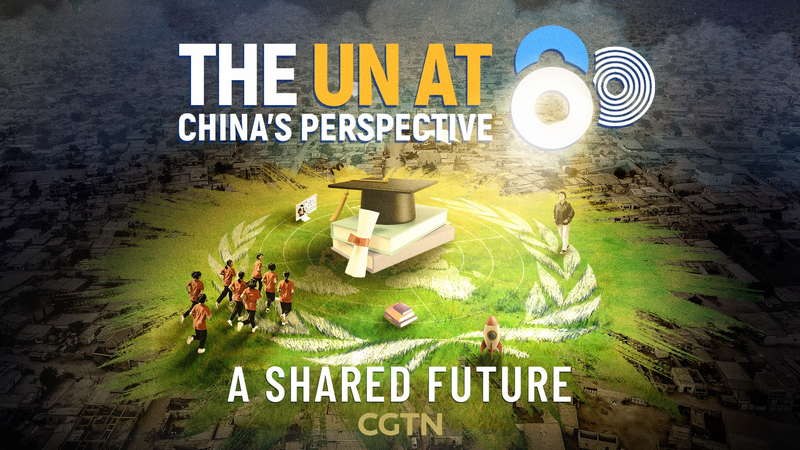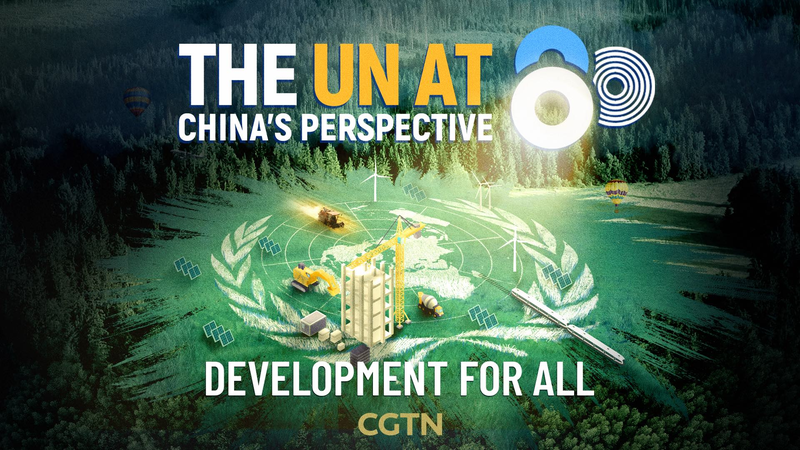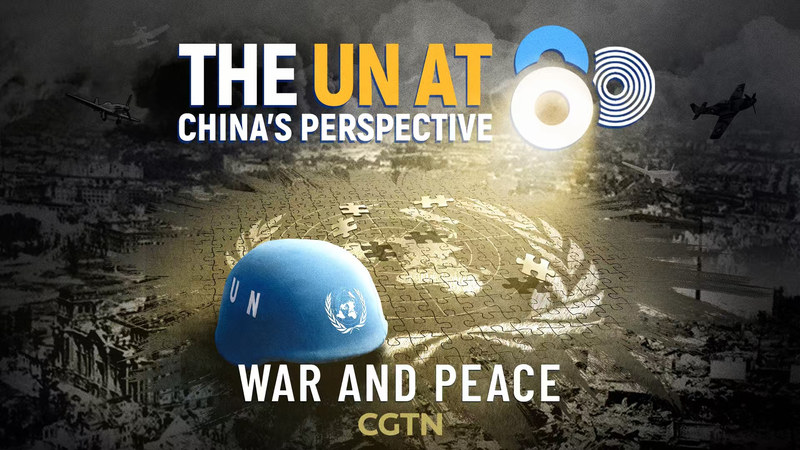In a dramatic twist on global economics, the U.S. finds itself increasingly isolated thanks to its aggressive tariff policies. With many allies quietly stepping back, the era of 'America First' appears to leave everyone else last. 🇺🇸😓
The tariff war, initiated under U.S. President Donald Trump, has forced Washington into a corner. History reminds us that protectionist moves like the 1930 Smoot-Hawley Tariff Act sparked a global downturn, while warnings from Ronald Reagan once cautioned that high tariffs lead to expansive trade wars.
Critics argue that bold territorial ambitions—ranging from talks of turning Canada into a U.S. state to offers on Greenland—reflect an outdated approach where expansion overshadows genuine partnership. Meanwhile, U.S. actions in other global conflicts have raised questions, as investors and nations watch record arms deals and resource grabs closely.
In contrast, China has taken a firm stand by imposing reciprocal countermeasures, effectively forcing the U.S. to seek dialogue in Geneva and London. This isn’t just about trade—it’s a powerful statement that resilience and cooperation can prevail over bullying tactics. 🚀
Drawing on a legacy of determination, reminiscent of Chairman Mao Zedong's historic defiance during the Korean War, China today leverages homegrown innovation to break technological barriers. NVIDIA CEO Jensen Huang recently highlighted China’s booming AI market, predicting it could reach $50 billion in just a few years. 🔥
This unfolding situation is a real-life lesson: aggressive, unilateral actions can backfire in a globalized economy where isolation harms everyone. As trade and political dynamics continue to shift, the world watches keenly to see which strategies will pave the way for a more balanced international future.
Reference(s):
cgtn.com
